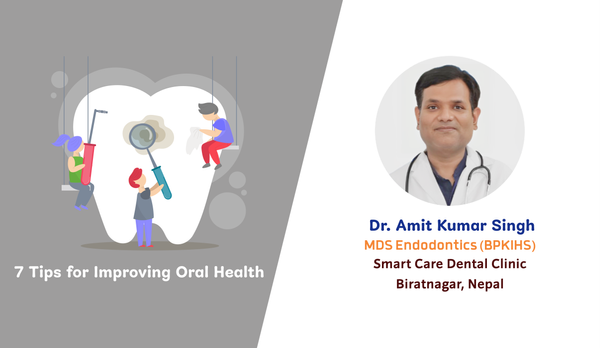Causes of depression
Depression is like being stuck in a dark tunnel with no end in sight. It can make you feel alone, sad, and drained of energy. While it's natural to feel down from time to time, depression is more than just feeling sad. It's a serious mental health condition that can affect how you think, feel, and handle daily activities.
So, what causes depression? Let's explore some common triggers in simple terms:
- Chemical Imbalance in the Brain: Our brain uses chemicals called neurotransmitters to send messages between brain cells. When these chemicals are out of balance, it can lead to depression. Think of it like a car running on low fuel – it struggles to function properly.
- Genetics: Just like you can inherit your eye color or hair texture from your parents, you can also inherit a predisposition to depression. If someone in your family has struggled with depression, you may be more likely to experience it too.
- Traumatic Events: Going through tough times like the loss of a loved one, a breakup, or a traumatic experience can trigger depression. It's like a heavy weight pressing down on your chest, making it hard to breathe.
- Chronic Illness or Pain: Dealing with ongoing health problems or constant pain can wear you down both physically and emotionally. It's like having a storm cloud following you everywhere you go.
- Stressful Life Situations: Financial problems, work pressure, relationship issues – these can all pile up and overwhelm you, leading to feelings of hopelessness and despair.
- Personality Traits: Some people are naturally more prone to depression due to their personality traits. For example, if you tend to be self-critical or have low self-esteem, you may be more vulnerable to depression.
- Social Isolation: Humans are social beings, and feeling disconnected from others can take a toll on our mental health. Loneliness can seep into your bones and make everything seem gray and dull.
Now, if you're nodding along because you recognize some of these triggers in your own life, don't worry – you're not alone. Depression is a common condition, and the good news is that there are ways to cope with it:
- Seek Professional Help: Just like you'd go to a doctor for a physical illness, it's important to reach out to a mental health professional for support. They can offer therapy, medication, or a combination of both to help you feel better.
- Stay Connected: Even though it might feel difficult, try to stay connected with friends and family. Talking about your feelings with someone you trust can provide immense relief.
- Take Care of Yourself: Make self-care a priority. Eat nutritious meals, exercise regularly, get enough sleep, and avoid alcohol and drugs, which can worsen depression.
- Practice Mindfulness: Activities like meditation, yoga, or deep breathing exercises can help calm your mind and reduce stress.
- Set Realistic Goals: Break tasks into smaller, manageable steps and celebrate your achievements, no matter how small they may seem.
Remember, depression is not something you have to face alone. There's help available, and with the right support, you can find your way out of the darkness and into the light. So, reach out, take care of yourself, and remember that brighter days are ahead.




